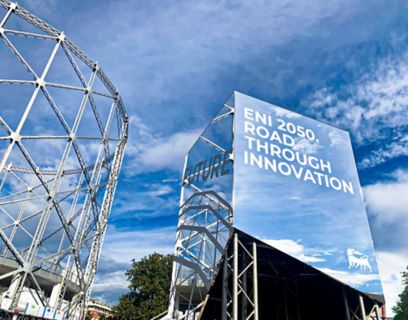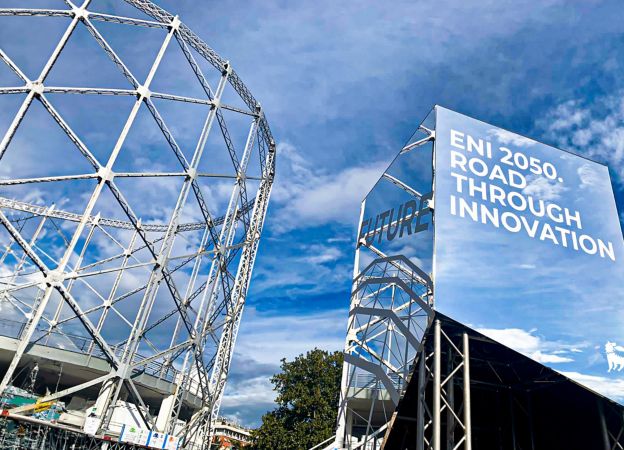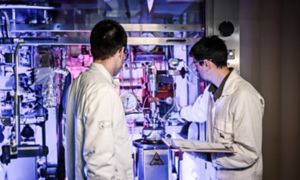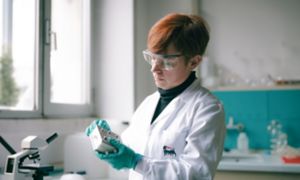- OPERATIONS
MyEni Login
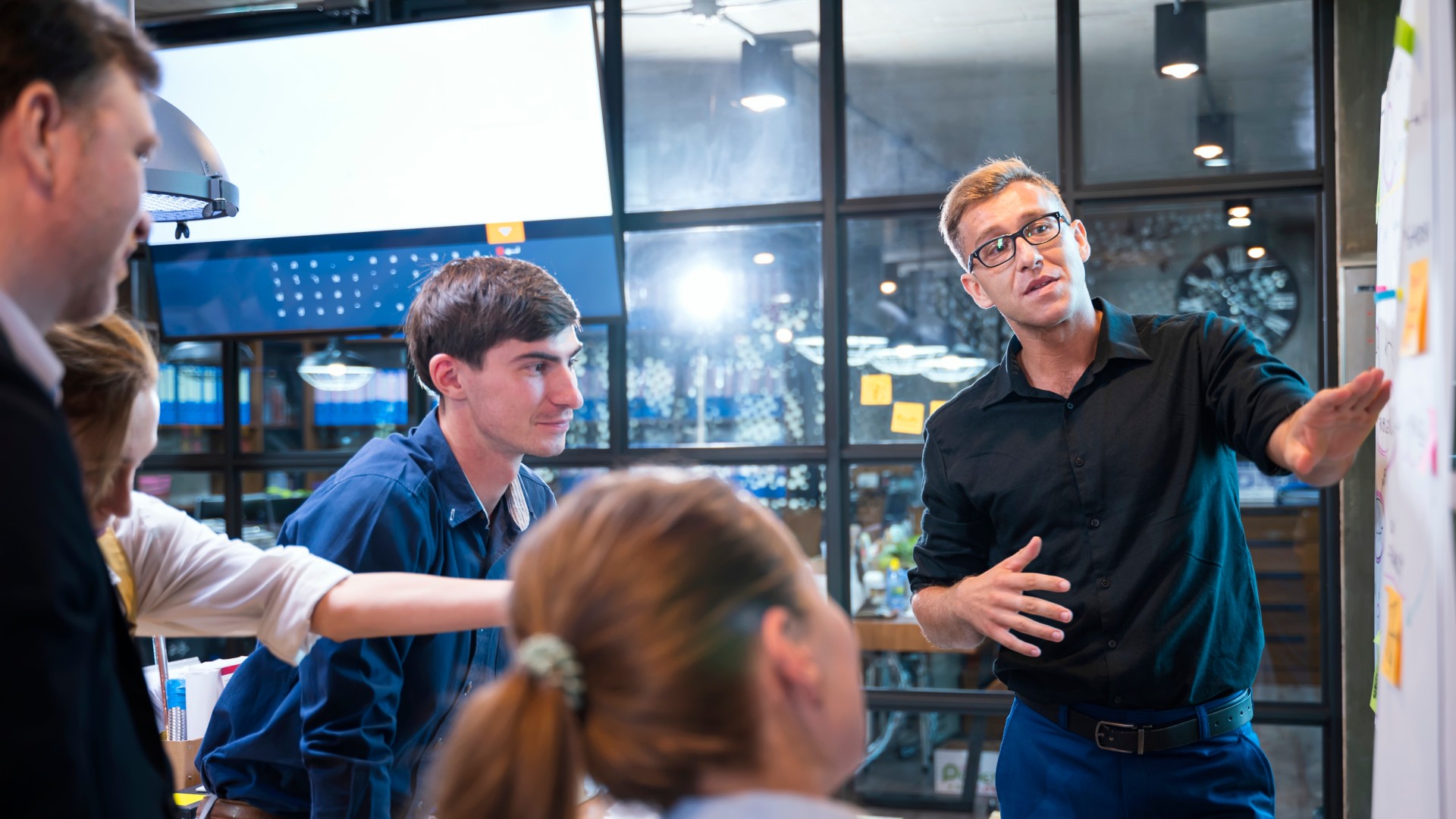
Our collaboration with MIT
Our research partnership with the Massachusetts Institute of Technology (MIT) of Boston focuses on several areas. We concentrate on renewable energy and energy storage technologies, offshore wind farm design support and carbon capture, storage and utilisation systems. We are also involved in biofuel development and magnetic confinement fusion. We are exploring the application of artificial intelligence to the energy industry.
The partnership began in 2008 and has been consolidated over the years. The multiple research programmes we have launched reflect the great importance we place on technological innovation as a key factor in achieving the Net Zero target.
Our collaboration in numbers
The main results of our partnership with the MIT of Boston since 2008.
scientific publications
projects
MIT professors involved in research activities
number of patents generated
We participate in MIT strategic research initiatives
Our collaboration with MIT takes the form of joining specific scientific initiatives such as the MIT Energy Initiative (MITEI), of which we are a founding member, dedicated to research into zero and low-emission energy to combat climate change and make energy more accessible.
This partnership gives us the opportunity to contribute to the development of innovative or disruptive technologies in a global context, as well as to increase internal expertise and exchange with startups in the MIT ecosystem.
Every year, Eni and MIT research scientists have the opportunity to meet during a workshop ("Eni&MIT Days") to discuss current projects and generate new ideas.
Eni.com is a digitally designed platform that offers an immediate overview of Eni's activities. It addresses everyone, recounting in a transparent and accessible way the values, commitment and perspectives of a global technology company for the energy transition.
Discover our mission







